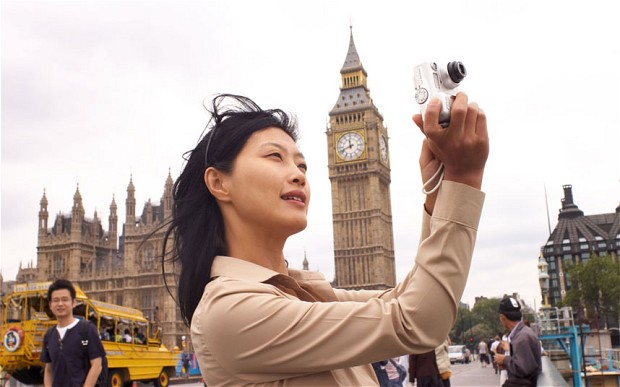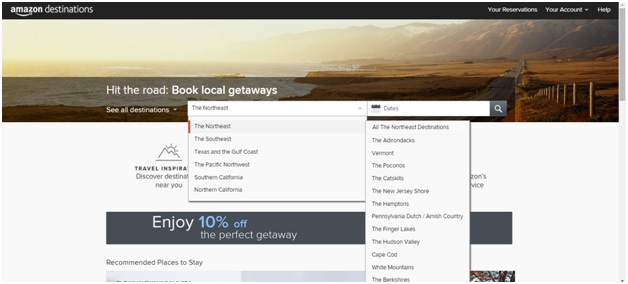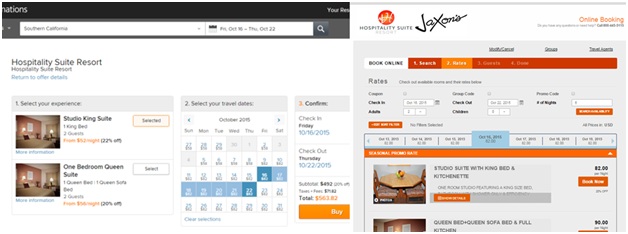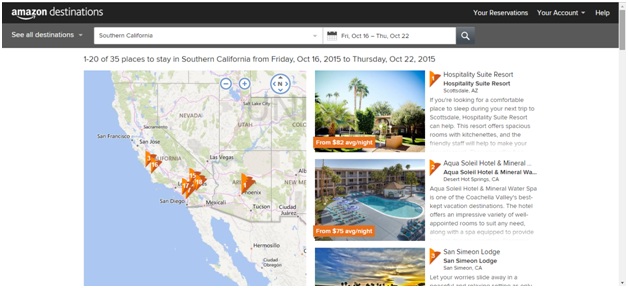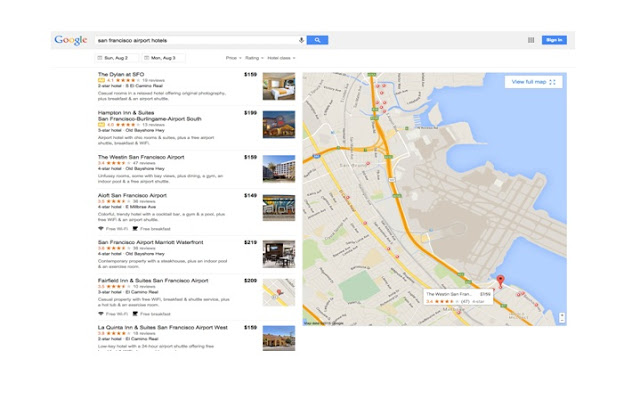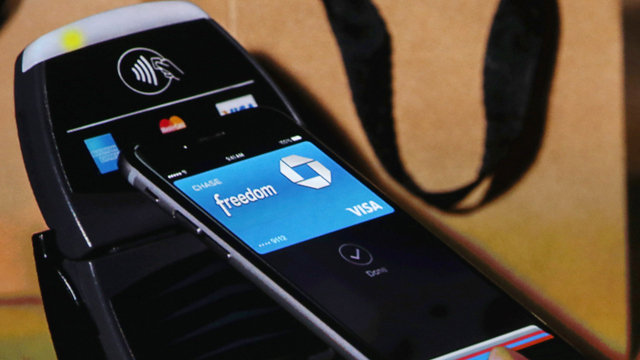When it comes to travel, the China story never disappoints. Even as the recent fluctuations make business and economists jittery, online travel shows no signs of slowing down. In 2015, the country overtook USA to become the biggest source of international travel spending.
In an infographic released last year, we had identified changing behavioural pattern of Chinese travelers. The increase in disposable income and rise of middle class has influenced the purchasing behaviour and travel decisions of young, educated and technologically skilled Chinese travelers. The rapidly growing middle class has evolved from value obsessed shopping destinations to holiday experiences, with cost, safety, culture, vacation length and visa availability the top five factors influencing destination choice. With the economic confidence and matured preferences, there is a clear shift towards long-haul travel, higher-cost accommodations and upscale shopping.
According to a recent report, Chinese travellers made over 67.5 million trips in 2014. With this figure expected to cross 97 million by 2023, there is little doubt why China is being considered as the biggest catalyst of global travel business growth. According to a Bank of America – Merrill Lynch report, 174 million Chinese tourists are estimated to spend $264 billion by 2019 compared to just 10 million tourists in 2000.
In this post, we try to identify key trends shaping the Chinese online travel boom.
Rise of independent travellers
Young, educated, affluent and tech-savvy – the Chinese Millennials, aged between 18-35, have emerged as one of the influencing segments. There are about 300 million of them, who earn more than their elders and their spending power looks set to increase further as their incomes rise over time. Highly aspirational, seeking brand name destinations for their vacations, Chinese Millennial Travellers (CMT) typically take four trips outside their country per year, twice as many as their other Asian peers.
Macau, Hong Kong and South Korea being the most popular destinations, CMTs are likely to spend avg. EUR1200 – more than double the average spend on domestic trips. They are also the most mobile savvy traveller, with 57% using their smartphone four to five times a day.
Travel goes online: Growth of mobile travel
Internet penetration in China is largely mobile driven, with over 89% of 640 million internet users accessing the web through mobile devices, the highest in world. Clearly, digital media and e-commerce have moved into the mainstream of Chinese Internet users’ lives with them spending about 1 billion hours online each day, more than double the daily total in the United States. A whopping 89% of travellers use smartphones to access websites and 45% of business travellers use mobile for travel arrangements. According to the latest Chinese International Travel Monitor (CITM) 2015 by Hotels.com®, half of all Chinese international travelers now use apps on their smartphones to plan and book trips, up from just 17 percent the year prior.
Online review it matters
When it comes to booking decisions, Chinese travellers trust online reviews more than friends or families. The volume of reviews posted is growing at a staggering rate, and peer recommendations influence not only where travellers go, but also where they shop for travel products. 60% use online travel information sources compared to 37% who use offline sources. Another study by GfK and ForwardKeys highlights that around 52% travellers visit metasearch and online travel agent websites to get information about their preferred destination and accommodation. The Internet is the primary source of travel planning with 95% of Chinese travelers beginning their search at Baidu, the 800lbs Gorilla of China Search. Popular Chinese travel blogs and social media sites like QZone, Weibo and WeChathave been playing an influencing role helping travellers seeking more ‘exotic’ holiday experiences.
As millions of Chinese nationals make their first international leisure trip, it is time for hoteliers to overcome the language barrier. A country where 89% people are using mobile devices and 57% bookings are coming from online medium, hotels need to have a clear digital strategy engaging Chinese travellers to drive greater footfall, encourage longer stays, and provide opportunities for unique experiences.
Christine Toh is Director of Sales-APAC at eRevMax. She can be reached at christinet@erevmax.com
Image Credit:Alamy

